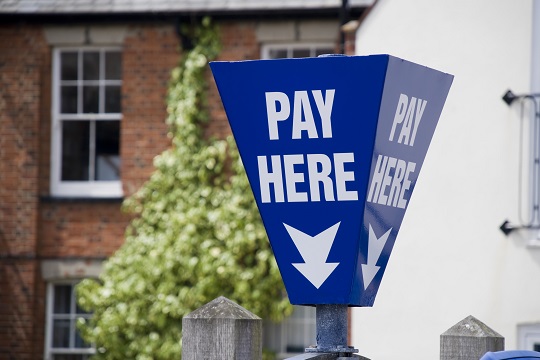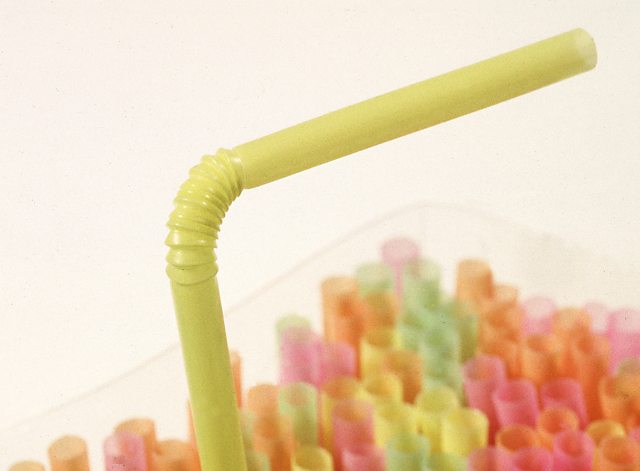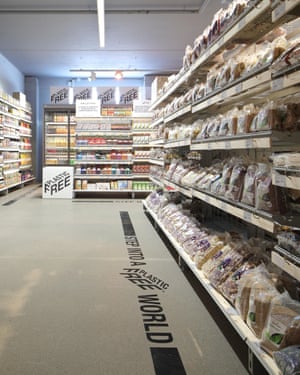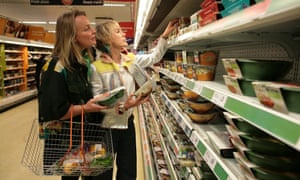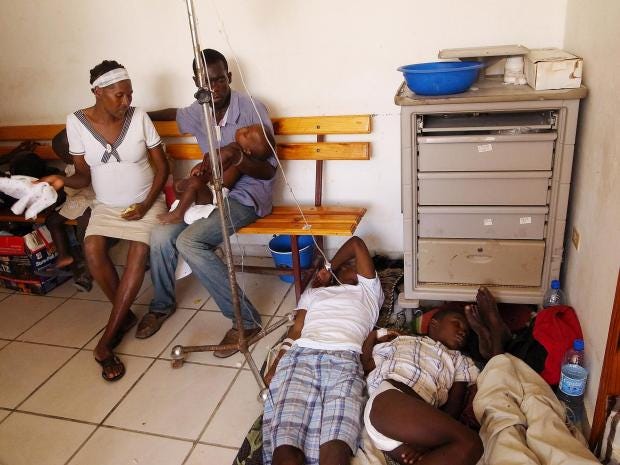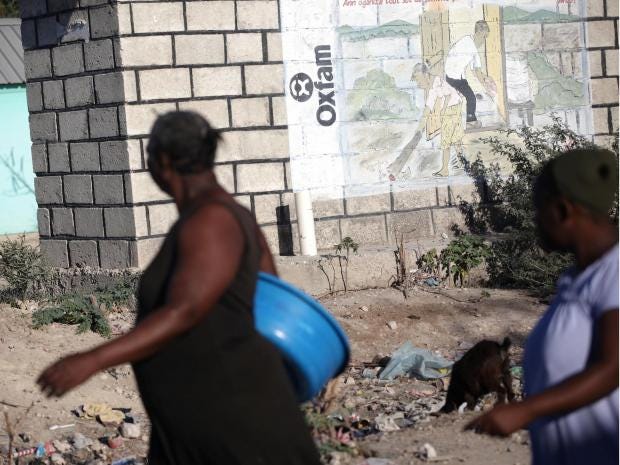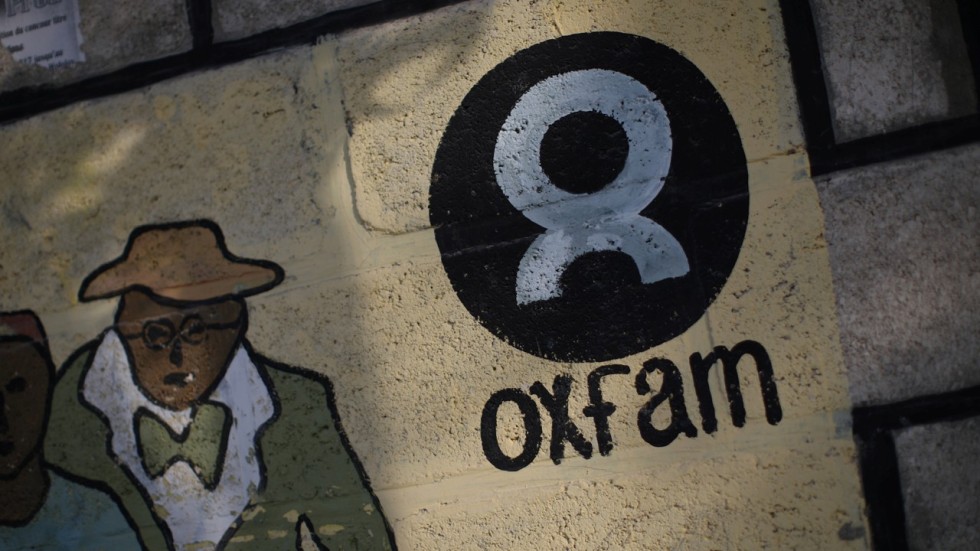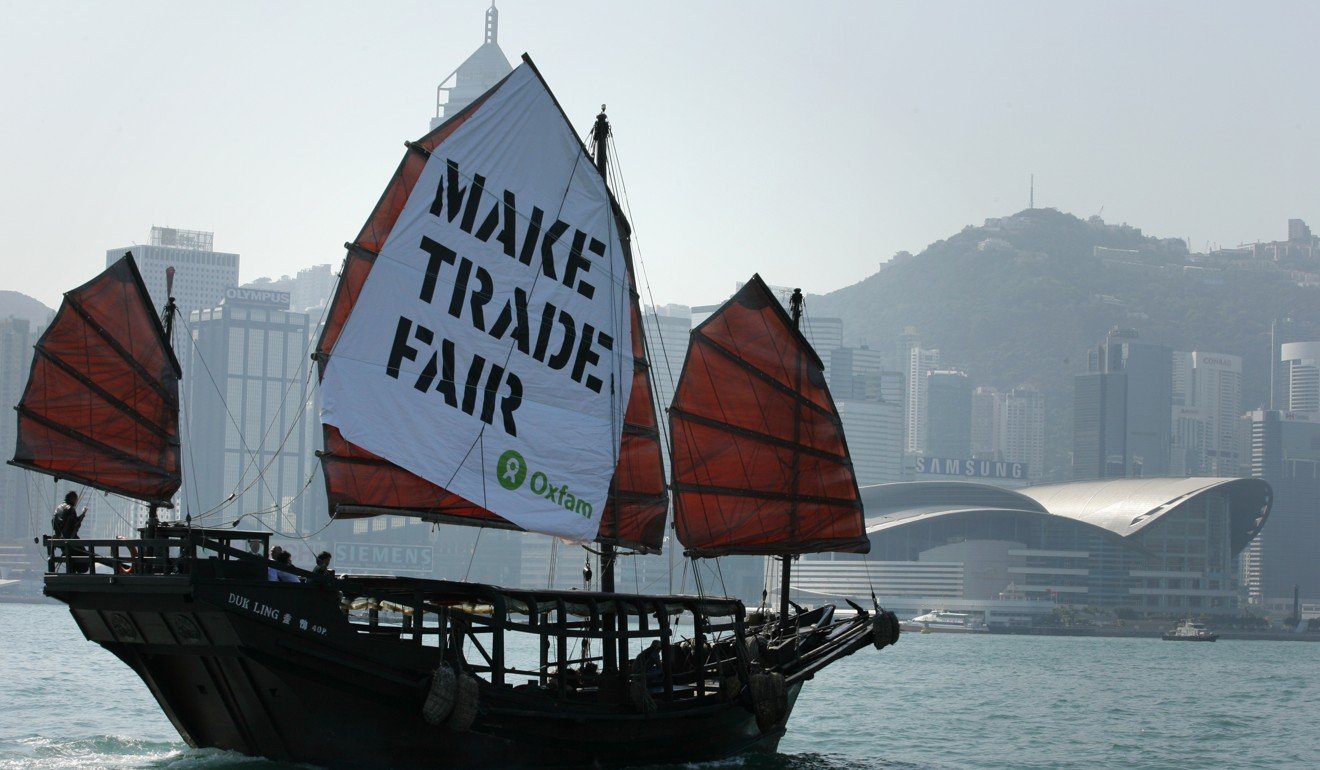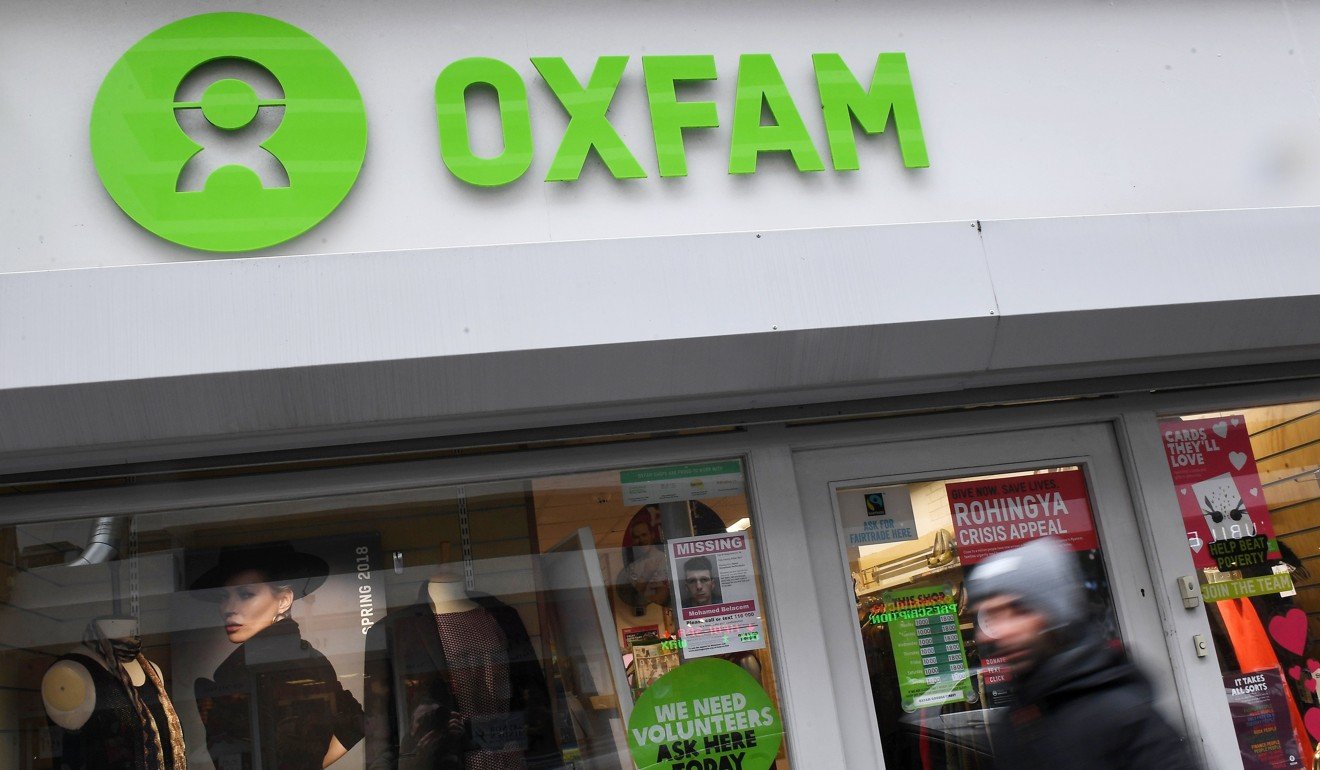There was quite a turnout at the meeting last week to consider a 'plastic free Sidmouth':
Futures Forum: Make Sidmouth plastic free > meeting Thursday 22nd February > poster
Here's a report from the session:
PLASTIC FREE SIDMOUTH
Hosted by the Futures Forum of the
Vision Group for Sidmouth
Thursday 22nd February
2018
NOTES
Robert Crick, chair of the Vision Group’s
Futures Forum, opened proceedings with a message which was repeated throughout
the evening – that the launching of a ‘plastic free Sidmouth’ was not about
‘cleaning the streets of rubbish’, but going
deeper.
“The point about both recycling and litter is
that they relocate the problem to individual life style changes, resulting in
the smug minority being hated by the guilty majority instead of a mass popular
campaign to force governments and corporations to act.”
He
highlighted the CLEAR campaign in Indonesia – headed by the
daughter of Ottery St Mary resident Trevor Loaheng –
which is about changing habits and challenging producers of plastic pollution: http://www.clearcommunity.org/contact/
Robert also mentioned the upcoming jobs and climate
change conference organised by the Campaign against Climate Change to be held
on 10th March – which provides further context to the battle against plastic: https://www.facebook.com/events/1396444527151028/
And referring to David Attenborough’s Blue Planet which has
moved so many to act, he quoted Whitby Whaler
skipper Brian Clarkson who says the plastic bag charge, which began in England
in 2015, was like "someone had flipped a switch" when it came to
reducing the amount of waste at sea – something which happened 20 years earlier
in Ireland and several years earlier in Wales.
Meanwhile, Norway has
introduced a 1 kroner refundable deposit for plastic bottles. Whilst some 480
bn plastic bottles were sold globally in 2016 - that's a million bottles per
minute – of these, 110 bn were made by the Coca Cola Corporation. Graham Hutchinson of the Sidmouth Arboretum and
SidEnergy pointed out that Sweden enacted bottle recycling years ago.
Other communities in Devon are forging ahead. Miriam Brown
mentioned the initiatives in Ashburton and Robert reminded everyone of the
action ten years ago in Modbury to ban plastic bags.
She stressed that the focus of the motion was not about recycling
or litter – but to encourage the Council to use less plastic.
Colin of the Green Party said it should “start with the
shops” – and indeed, in Honiton, local independent businesses are beginning to
act. Robert referred to the 38 Degrees on-line petition urging supermarkets to
follow Iceland’s example. Nicola Parkins of Sidford also reminded all of the
classic door-step delivery of milk in glass bottles. Dawn highlighted the
work of the Filling Station take-away in Sidmouth which has done away with all
plastics.
John Hammond of The Dairy Shop has installed
a milk vessel which allows customers to bring and fill their own bottles; and
he’s using the biodegradable ‘Vegware’ take-away coffee cups, also used by
Darts Farm: https://www.vegware.com/news/2016/07/29/coffee-cup-recycling-its-time-for-a-change/ John also pointed out
from experience that it was supermarkets who tell manufacturers what packaging
to use – such is their buying power.
And Hazel and Katrina from the Lifeboat,
where only paper bags are handed out, asked why supermarkets are still using
plastic bags – and urged the government to step in to force the issue further
on plastic use by manufacturers and retailers.
Graham urged people to also act in their
workplaces, as well as at home and as shoppers: there are many opportunities to
replace plastic in offices and businesses with more eco-friendly alternatives.
Peter Endersby from Sidmouth in Bloom
reminded everyone of SIB’s fortnightly beach cleans, which they started in 2012
https://www.sidmouthinbloom.org/events-calendar and which are very much part of the group’s commitment to
‘community and heritage’, which forms 50% of the grading from Britain in Bloom.
He urged more bins to be provided and for the Town Council to listen when it
comes to keeping the streets clean. As part of their campaign to spread the
message of plastic pollution further, SIB have put on displays and
presentations at the Science Festival and Sea Fest events.
Cllr Louise Cole said the chair of the Town
Council is very keen to take up these issues and hoped a motion similar to the
one going to EDDC next week could also be taken up by STC. She announced that
meanwhile, the Town Council will be installing drinking fountains around town
next year.
Louise is also working on the Sea Fest which
will take place on the Ham on Saturday 12th May: http://sidmouthcoastalcommunityhub.org/sidmouth-sea-fest/ - where the bar and caterers have committed to a ‘plastic
free’ festival. There will be a beach clean in the morning of the Sea Fest –
followed by putting the collected plastic together as an art installation,
guided by local artist and fellow Community Hub leader Coco Hodgkinson.
Finally, Denise Bickley, chair of the
Sidmouth Plastic Warriors told the gathering that she’d set up the group only
six weeks earlier as she’d been frustrated about the lack of focus on plastic
pollution. The first community plastic clear-up was on the beach and the second
last weekend in Woolbrook – when over 50 people took part: https://www.facebook.com/events/622740854733568/ and https://twitter.com/sidplasticwar
Echoing the sentiments expressed throughout
the evening, Denise that this was not an issue of ‘litter’ but of ‘plastic
pollution’ – that we as consumers should stop buying plastic and that shops
should stop wrapping products in plastic. She reported that the SPW had
approached several independent businesses in Sidmouth who will be making
efforts to reduce their plastic – including two ice cream shops.
Effective Actions
proposed by the meeting included:
·
Work in
alliance with workers and small businesses to put pressure on major suppliers.
·
Pressurise outlets and offer them alternatives (e.g. acrylic glasses in
Folk Week)
·
Offer reduced price for carrying your own tankard/glass at the Folk Week.
·
Fine or reward businesses for more or less waste - start voluntary with
publicity to raise public awareness and engagement.
·
Business information packs to help identify alternatives
·
Sidmouth-logo produce bags?
·
Investigate sale of Hi-energy drinks in disposable packaging being pushed
for youngsters on the way to or from school.
·
Sea Fest, Folk Week and other festivals: food outlets must support
plastic free.
·
Social media - #public waste, shaming big supermarkets
·
Get the Councils and the MP to support Plastic Free Sidmouth (NB Chair of
Sidmouth Town Council very supportive) STC Annual Council: April 9th -
proposals welcome
·
EDDC Zero-waste award from the past could be revived to encourage: less
landfill & less recycling.
·
Recycling and Rubbish Bins have been reduced (Andrew Hancock of Street
Scene is trialling removal of bins to establish whether they may be encouraging
fly-tipping). Find a better way to collect rubbish.
Stakeholders
and local groups to be involved and coordinate:
·
Involve youth clubs, schools, tourist office, St Johns, Sidmouth Intl
School
·
SVA, Cafe Scientifique, Science Festival, Climate Change week, FOTB, Arboretum
·
Network with other towns
·
Chamber of Commerce to be brought on board at their regular breakfast
event
·
SIB and others to liaise on a calendar of clean ups and publish their
“research” findings
Finally,
Denise proposed that Sidmouth Plastic Warriors continue with their initiative
to make Sidmouth a ‘plastic free’ town, including such actions as:
·
Popup Zero-waste stall or shop; a fix and repair shop
·
Public display of rubbish collected; art display and installation from
rubbish collected
·
Information on alternative products - cellulose, bamboo, cornstarch
Although Keep
Britain Tidy see this as a limited target, this would be the first step. SPW will
lead with 220 in facebook and many more signing up:
·
To set up a steering
group of stakeholders, community groups and interested parties within the town who want to
be part of the future for Plastic Free Sidmouth, to help the accreditation
process – following on from this evening’s first such meeting of this group.
·
To determine which
businesses and organisations have already made moves to offer plastic free
alternatives (some have already come forward)
·
To ask the Town Council
to agree a mandate to support the project, early in April.
Plastic pollution
facts and stats
• In 1950, the world’s population of 2.5 billion produced 1.5
million tons of plastic; in 2016, a global population of more than 7 billion
people produced over 320 million tons of plastic. This is set to double by
2034.
• Every day approximately 8 million pieces of plastic pollution
find their way into our oceans.
• There may now be around 5.25 trillion macro and microplastic
pieces floating in the open ocean. Weighing up to 269,000 tonnes
• Scientists have recently discovered microplastics embedded
deep in the Arctic ice.
• Plastics consistently make up 60 to 90% of all marine debris
studied
• Approx 5000 items of marine plastic pollution have been found
per mile of beach in the UK
• Over 150 plastic bottles litter each mile of UK beaches.
• Recent studies have revealed marine plastic pollution in 100%
of marine turtles, 59% of whales, 36% of seals and 40% of seabird species
examined
• 100,000 marine mammals and turtles and 1 million sea birds
are killed by marine plastic pollution annually
Vision Group for Sidmouth - Home
.
.
.

